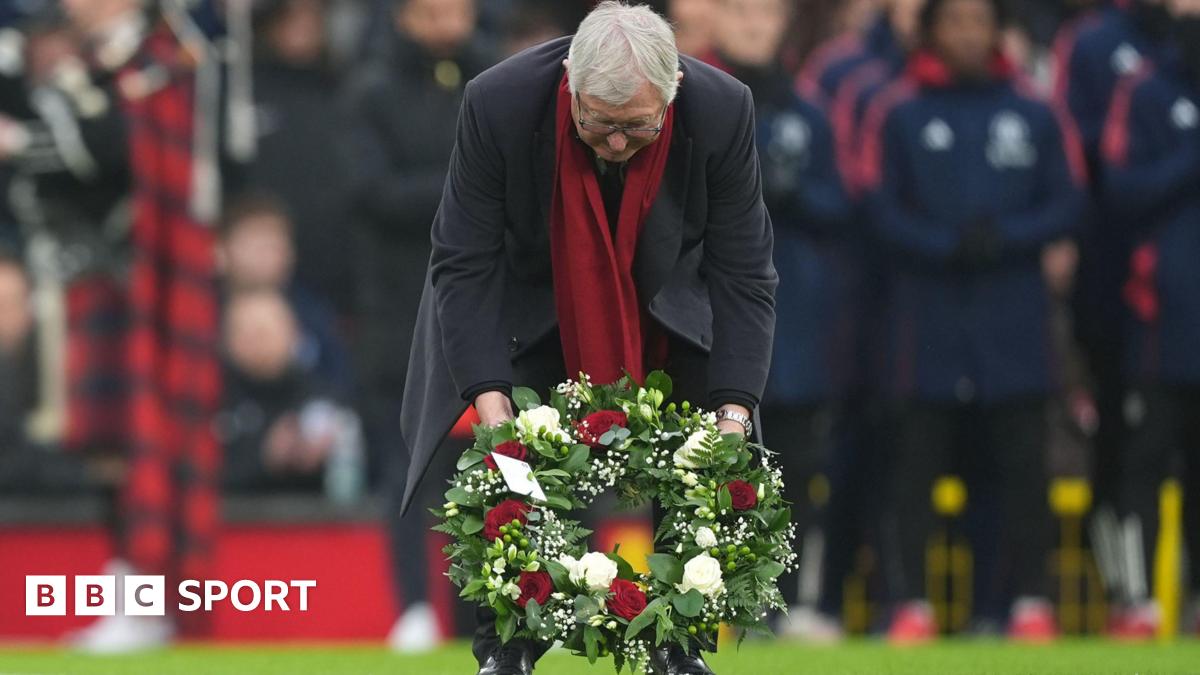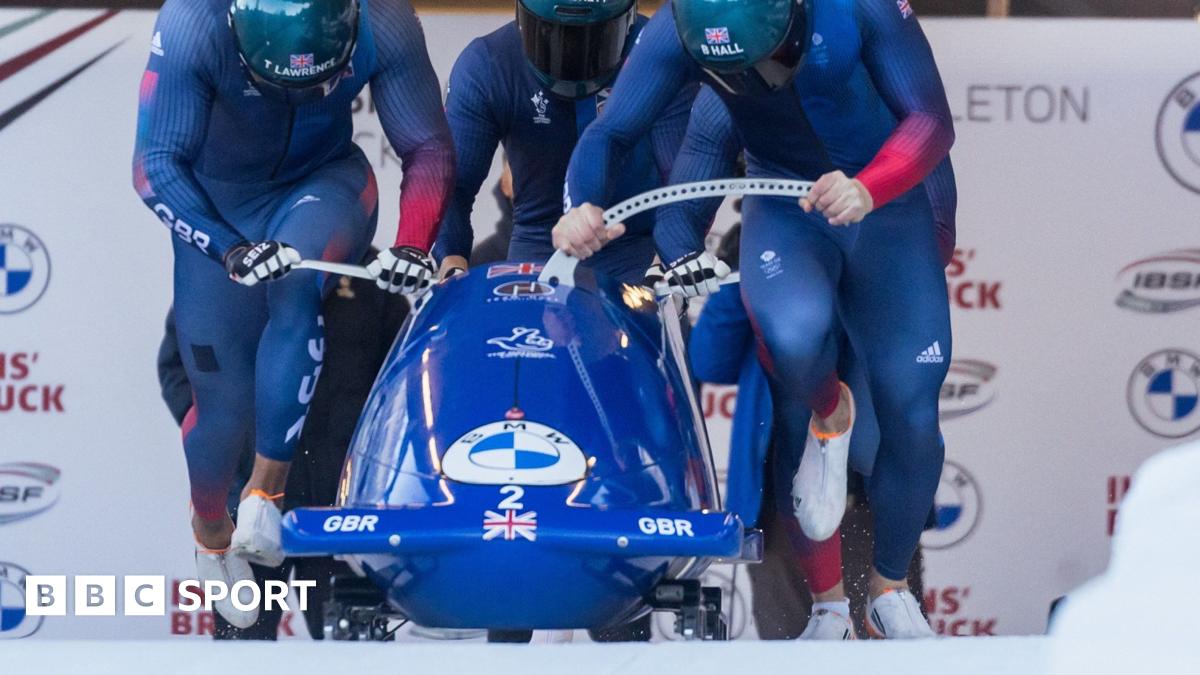ARTICLE AD BOX
As you scroll through the statistical smallprint, there are nuggets of good news.
In some aspects England’s defence is even better than South Africa’s – a gold standard for working without the ball.
Among elite Test teams this year, England top the table for preventing teams crossing the gainline, with Steve Borthwick’s men managing to do so off 51% of opposition carries, compared to second-placed South Africa’s 45%.
England have an almost identical success tackle success rate to South Africa (84.3% against 84.5%) and have made more dominant tackles from fewer matches.
Take a step back though, take in the big picture and any image of England’s defensive stability melts away.
Last weekend, they conceded five tries and 42 points in defeat by Australia. The weekend before New Zealand ran in three tries and 24 points. During this year’s Six Nations, both Scotland and France put 30 points or more on England.
South Africa have conceded an average of 17 points in each of their matches this year. Meanwhile England are allowing the opposition nearly 25 points a game.
When England head-hunted assistant coach Felix Jones from the back-to-back world champions, they hoped his arrival in early 2024 would be accompanied by a recreation of the Boks’ bear-trap defence.
So far it hasn’t.
Personnel might be part of that.
Jones earned rave reviews in his early England days, with captain Jamie George lauding the "crazy energy" he was coaxing from their defence. But Jones didn’t have the endurance to match, handing in his notice after a little over seven months in post.
Joe El-Abd - England’s third defence coach in less than a year - has replaced him, initially splitting his duties between the national side and French second-tier club Oyonnax.
England have stressed that there is a continuity in defensive philosophy, but, even so, a changing cast of coaches won’t have helped bed it in.
Then there is the nature of the tactics themselves.
Jones was the mastermind behind South Africa’s ‘blitz’ defence, with tacklers rushing up in defence, attempting to shut down opponents’ time and space.
England have hoped to do the same.
When it works well, the tactic squeezes teams, denying them momentum and creating turnover opportunities. Those are the rewards, but the blitz is also high-risk.
On-rushing defenders are more easily evaded and, moving at pace, the holes they leave behind are hard to plug. A blitz defence can post impressive gainline numbers or contain a team for sustained periods, but, when it fails, the errors can also be more costly. Big territorial losses and heavy scoreboard damage can result.
South Africa centre Andre Esterhuizen says that a successful blitz lives on a knife-edge – flipping from ferocious front-foot aggression to desperate corner-flagging cover in the blink of an eye.
"The biggest thing about that system is scramble," he told Rugby Union Weekly earlier this week.
"You are going to make misreads, you are going to make mistakes, but it is how your team-mates around you fix it for you.
"We say that 80% of your reads you are going to get right, but 20% you are going to get wrong and that’s where we work hard and scramble for each other."
During his time with England, Jones said that finding that balance is key. He warned that an emphasis on aggression can, at times, tip too far and leave teams vulnerable.
"You have to push yourself to where the margins are so small and you're right on the limit of execution," he said.
England are still trying find that sweet spot and master a tricky tactic. Jacques Nienaber, former South Africa head coach, reckons it took the Springboks 14 matches to get right when he came into their set-up in 2018., external
England are within that time frame. Earlier this week centre and defensive leader Henry Slade asked for patience.
"The longer we have training, the more understanding everyone has as a group and getting on the same page, the more it can be a really powerful way of defending," he said
"We are trying to fast track that learning. I feel this week there has been a big step forward in that regard."
Slade had another request as well though.
"It is such a way of defending that if there is not a full buy-in, then cracks appear," he said.
The concession of 42 points is the sort of thing that can sap speed in a defensive line.
It wasn’t just the headline scoreline either, it was the details.
The Wallabies’ deft offloading, like the All Blacks seven days earlier, outfoxed England out wide as men were missed and passing channels left open.
Tate McDermott’s dart around the fringes punctured the hosts close in for Australia’s second.
As the lactic bit late on, England, outscored by 23 points in the final 20 minutes of matches so far this year, could not maintain their line speed.
England missed 35 tackles in all.
Such a defeat can introduce doubts. But, as Slade suggested, the blitz only works with total belief. If England's individuals play it a quarter-of-a-second safer or drift a degree more, suddenly the collective coordination is lost.
Fortunately, South Africa are the perfect opponent to stoke England's front-foot defence.
They are both example and enemy.
Back in 2018, ranked sixth in the world, South Africa were leaking points horribly. But they kept the faith, kept flying up in defence and, a year later, stepped up to lift the Rugby World Cup, having suffocated their way to the title.
In 2023, their successful World Cup campaign included an ill-tempered semi-final win over England, which featured post-match scuffles, sparked by a goading Willie le Roux, and the alleged use of a racial slur, denied by hooker Bongi Mbonambi.
Mbonambi later described England’s high-volume on-pitch attempts to maintain their intensity in that match as "plastic energy"., external
Saturday will be the first time the teams have met since.
Recycling that history and enmity, should provide plenty of white heat to power England's defence in the face of Mbonambi and the Boks.

 2 months ago
9
2 months ago
9








 English (US) ·
English (US) ·